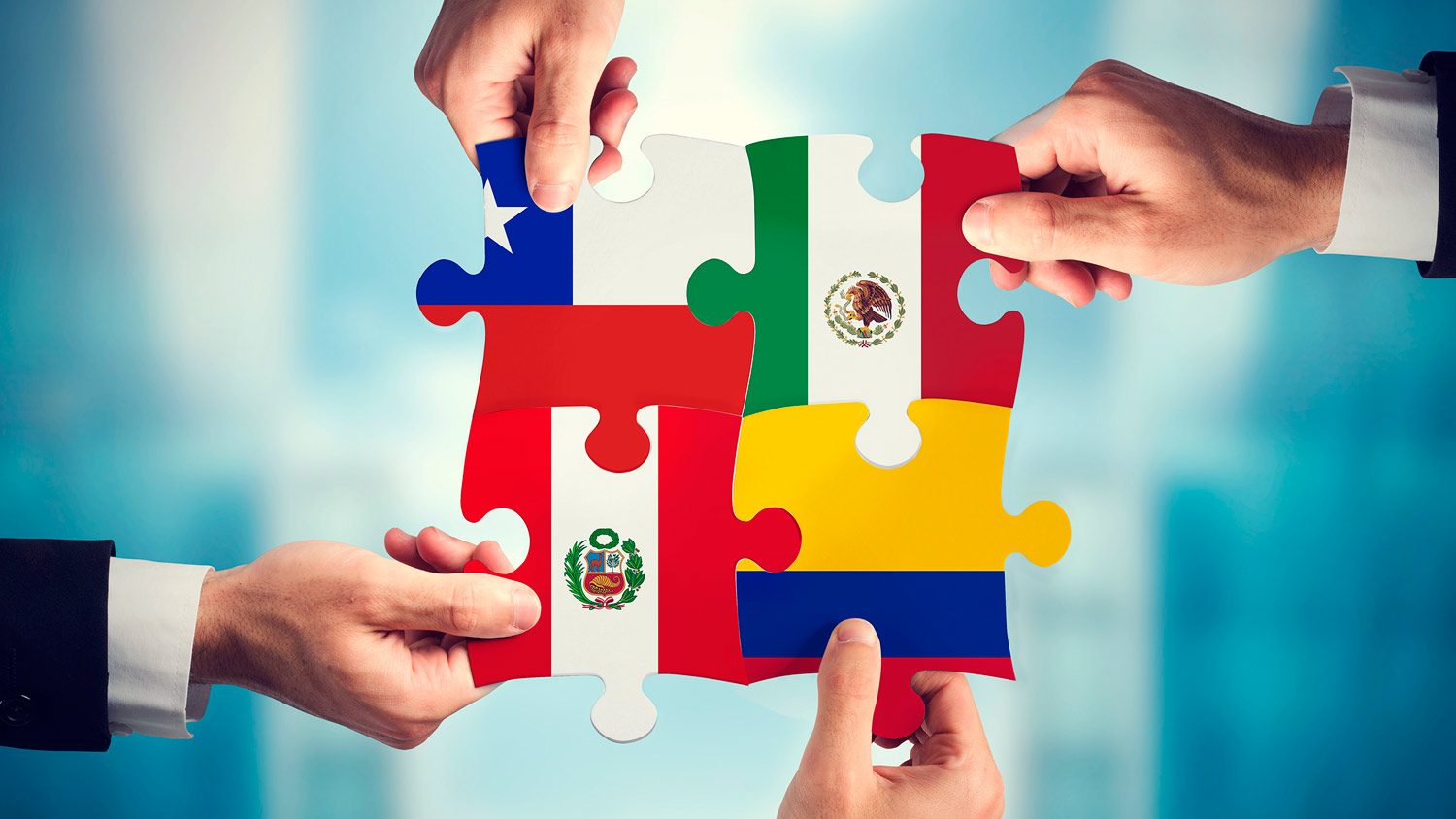Now that the copper rush is over. What next then?

On Sunday, October 9, top mining executives and representatives acknowledged in the press (Mercurio, Economia y Negocios) that the boom of copper was just over. To see record-high prices and a boost in demand like the one Chile experienced with China’s relentless appetite for growth is history; those old copper days are hard to come back, at least in the foreseeable future. Key executives and CEO's from Chile-based mining companies discussed the challenges ahead for the industry. They analyzed the way forward from expanding mining projects further south in the central areas of the country- to hiring social science experts able to negotiate with the communities owing to new legislation that could impede the overexploitation of glaciers and safeguard the ecosystem in the face of extractive activities. Country Risk Chile analyzes these opinions expressed in the newspaper on October 9th and attempts to shed some light on the political risk and the opportunity involved when the copper rush is over, and the need for alternative strategies emerges.

